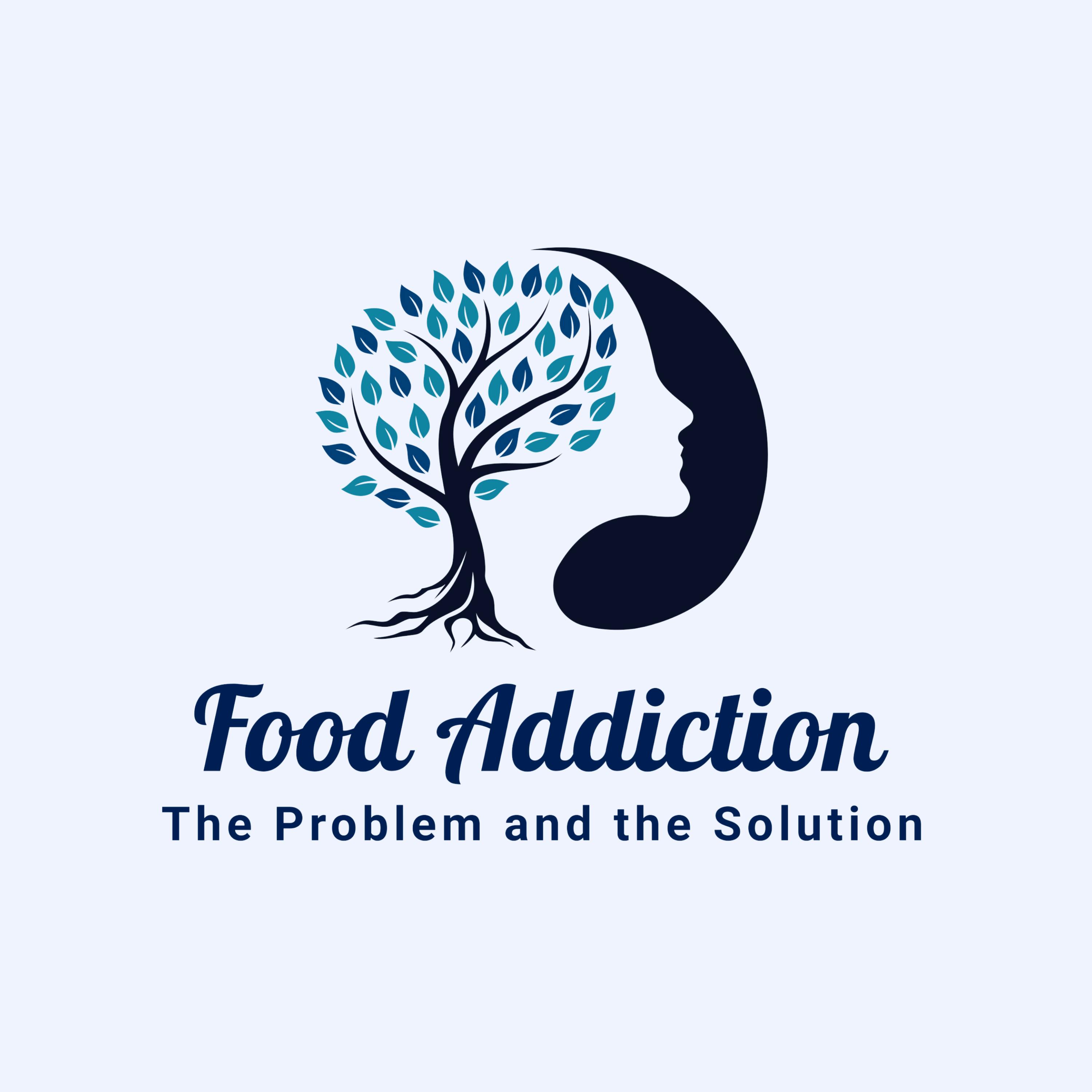Food Addiction is a Brain Disease
Description
Esther Helga Gudmundsdottir is a pioneer in the field of food addiction treatment and recovery. Motivated to continue to get the message out that food addicts cannot control their eating and body weight through diets and exercise alone, she began the Food Addiction podcast. Esther was personally battling food addiction for most of her adult life, carrying 130 lbs. of too much weight. She discovered the solution to her problem in recovery and a twelve-step program which changed her life and led to her life’s mission.
She is founder and director of one of the first food addiction treatment programs in the world, the MFM Food Addiction Treatment Center in Iceland. MFM has treated more than 3000 people for the disease of food addiction. In 2017 Esther founded the INFACT School infactschool.com/, the first school in the world to train and certify food addiction professionals and counselors to treat those suffering from the disease. Those completing the training are qualified for certification by the European Certification Board as well from the US National Addiction Professional Certification Board. If you want to know more about INFACT, visit our site at infactschool.com for registration details and certification information.
Esther is the chair and executive director of the board of the Food Addiction Institute. Food Addiction Institute (FAI) was founded in 2005, as an independent, non-profit organization whose mission is to support the healing of all food addicts. https://foodaddictioninstitute.com
In this podcast we address the shame and denial as food addicts try and fail at diets repeatedly since they cannot control food intake in the same ways normal eaters can. Also discussed are the misconceptions by the medical community around food addiction, and rather than treating it as a brain disease or addiction, the health problems associated with the symptoms of food addictions such as obesity are being treated. The science is clear: Food addicts are chemically addicted to foods such as sugar, flour and other trigger/binge foods and once ingested it initiates an addictive response causing them to want more. Abstinent food plans and recovery programs are the solutions for food addicts.
Though food addiction is a substance use disorder, the American Psychiatric Association has not yet acknowledged it as such through the DSM-5. There are movements afoot to assure food addiction is approved in the DSM-5 so that treatment can be broadly offered and covered by insurance companies. The food and pharmaceutical industries have strong financial interests in preventing this from happening.
Subscribe to the Food Addiction podcast on your favorite podcast platform. Watch for more incredible episodes coming soon!
More Episodes
Christine G. was raised in an alcoholic home and was often compared by her parents to a sibling and was expected to be different. As a child, she began using food to cope with this treatment and she reached her highest body weight of 229. Her lowest weight was 95 pounds as she suffered many...
Published 09/17/24
Large food companies, previously owned by tobacco companies, know that we are addicted to sugar and ultra-processed foods. These companies are making large profits using the same tobacco addiction model with items they are selling us to eat. Food companies add sugars to food items, like high...
Published 08/20/24
Published 08/20/24


